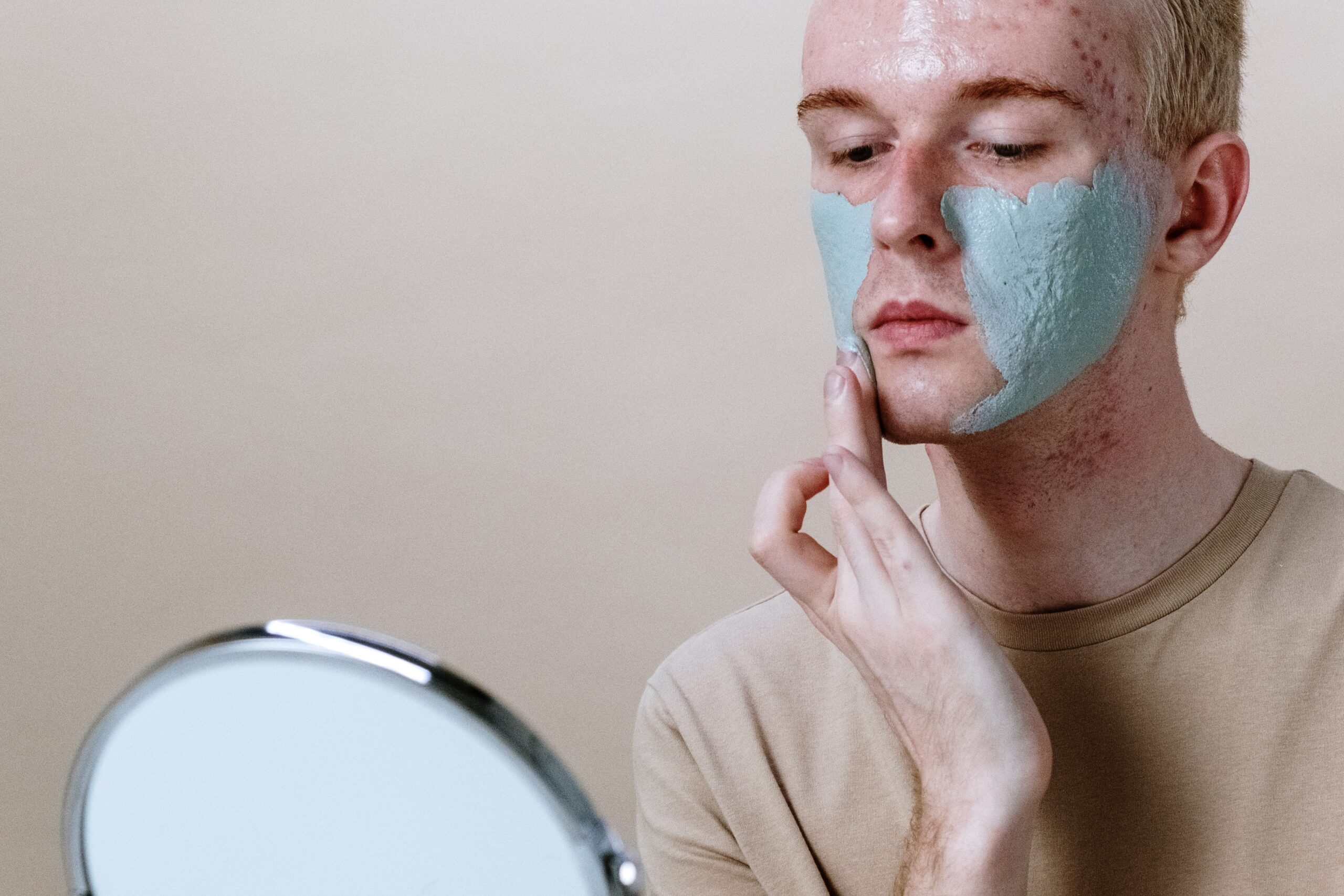
What Causes Acne
Home > What Causes Acne
1. Bacteria
This article was Medically reviewed by A. Michael, MD
Most people ask whether the bacteria living in the follicles of the skin play an active part in the development of acne. Up to date, with the knowledge that we have, the answer is yes as well as no. An active part played by microbes in the development of acne has been suggested right from the start of the 20th century.Currently, it is not clear whether the skin’s naturally present bacteria can start acne lesions or they simply turn opportunistic inside the environment of the lesion once it forms.
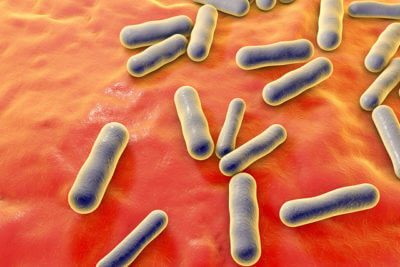
It is also not clear whether the vital balance of various species of bacteria that are found within a follicle play an important part in the initiation of acne. However, the surface of the skin in acne-prone regions is colonized by the bacteria Staphylococcus epidermidis and Propionibacterium acnes. While epidermidis microbe does not usually cause any diseases and is a normal resident flora of the human skin, it may at any time become an opportunistic infection-causing bacteria due to other factors, such as a weak immune system. A number of selective research studies show that the main bacterium associated with the development of acne is Propionibacterium acnes
2. Hormonal Factors
Hormones have been known to stimulate the secretion of oil from glands. As such, they are one of the underlying causes for the development of cystic acne. Some of the hormones that are involved in acne outbreaks are the following:
- Androgens
- Estrogens
- Progesterone
- Insulin and insulin-like growth factor-1
- Corticotropin-releasing hormone (CRH)
- Adrenocorticotropic hormone (ACTH)
- Melanocortins
- Glucocorticoids
- Growth hormone (GH)
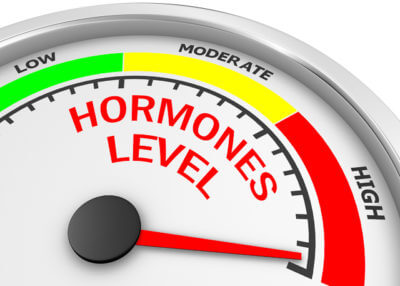
Although it is known that the formation of the microcomedones is usually the initial symptom of the onset of acne, the exact causes that trigger it are not known. People who are prone to acne have bigger sebaceous glands, which are stimulated at the onset of puberty. The onset of puberty has also been found to bring on the start of cystic acne since it is associated with a significant increase in the production of various hormones. The timeframe for menstruation has also been associated with the onset of an acne outbreak of females.
Oil glands have been found to be more active when there is the presence of the hormone testosterone and show reduced levels of activity in the presence of estrogen.
Androgens belong to a particular class of hormones that includes the hormone testosterone. When there is an increase in the levels of androgen in the body, as seen in incidents of polycystic ovarian syndrome (PCOS), this also results in the development of cystic acne.
Increase in insulin resistance as well as high serum dehydroepiandrosterone levels may account for the incidence of cystic acne in polycystic ovary syndrome.
Oil glands have been found to be more active when there is the presence of the hormone testosterone and show reduced levels of activity in the presence of estrogen.
Androgens belong to a particular class of hormones that includes the hormone testosterone. When there is an increase in the levels of androgen in the body, as seen in incidents of polycystic ovarian syndrome (PCOS), this also results in the development of cystic acne.
Increase in insulin resistance as well as high serum dehydroepiandrosterone levels may account for the incidence of cystic acne in polycystic ovary syndrome.
3. Genetic Factors
Many research studies have indicated that acne could be passed from one generation to the next. In people that have a family history of acne, lesions start to manifest at a much earlier age and tend to present with far more severity than in those without a family history of acne.
Risk factors as well as genes related to acne prognosis and also treatment on genetic basis are still not clear. Up to date, the exact genes involved in acne have not yet been identified. What is known is that genes have the tendency to increase one’s propensity for developing acne.
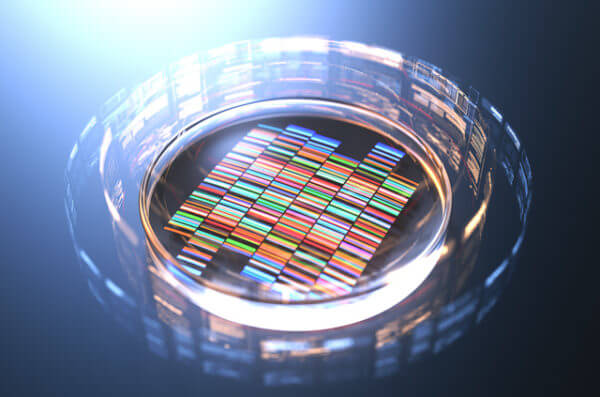
Genes change the physiological aspects of your skin to make it more sensitive to hormones and to external factors like the sun, environmental pollution, or cosmetics that you are exposed to. Genes have an impact on an individual’s sensitivity to hormones like androgens, which results in variations and individual susceptibility to acne-prone skin. Since it is a fact that acne-prone skin has far more sebum and a rapid rate of growth of skin cells which are influenced by genetic predisposition, genes do play a role in acne formation.
Genes also have an impact on the strength of inflammation response to bacteria in individuals. It has been suggested that acne patients possess a much stronger inflammation response to P. acnes and other bacteria, as well as smaller trauma to the skin or injury.
4. Acne Causing Medications
Some medications may also cause inflammatory skin lesions which are similar to those seen in cystic acne, and these include the following:
Risk factors as well as genes related to acne prognosis and also treatment on genetic basis are still not clear. Up to date, the exact genes involved in acne have not yet been identified. What is known is that genes have the tendency to increase one’s propensity for developing acne.
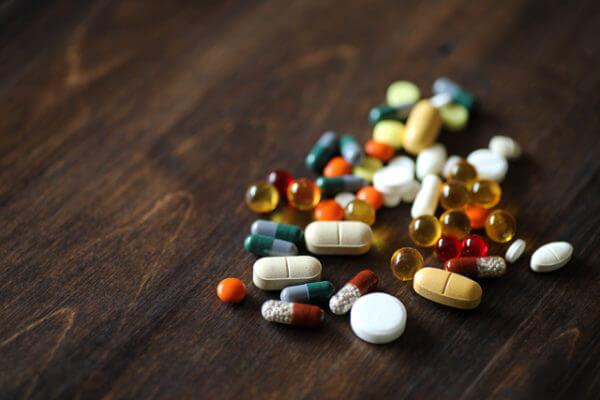
Some medications may also cause inflammatory skin lesions which are similar to those seen in cystic acne, and these include the following:
- Corticosteroids
- Androgens
- Anabolic steroids
- Neuropsychotherapeutic drugs, such as tricyclic antidepressants (TCAs), selective serotonin reuptake inhibitors (SSRIs), lithium, and antiepileptics
- Immunomodulators
- Chemotherapy drugs
Use of Anabolic Steroids
The long-term use of anabolic steroids for purposes of increasing muscle bulk is known to be associated with the onset of serious types of acne.
Many bodybuilders make use of anabolic steroids to boost their bodybuilding regime. However, they often suffer from what is known as “steroid acne”. This term is used to describe is an acne-like skin disorder that affects persons with high amounts of corticosteroids in their bloodstream. This skin condition also happens in persons suffering from Cushing disease or to those who are being administered systemic steroid medicines for a medical condition. Severe acne is usually an unwanted side effect bodybuilders suffer from due to their heavy usage of anabolic steroids.
5. Other Causes
Some other factors have been implicated as the cause of acne. Inflammation and lesions can start due to the use of products which might plug the follicle and/or gland, such as makeup or greasy hair products. Other examples of things that can irritate the follicles and result in an outbreak of cystic acne lesions include the following: tight shirt or jacket collars, sports bras, hats, helmets, and chin straps.
Smoking
The relationship between acne and smoking is not well established. A few early observational studies indicate that there is an inverse relationship between smoking and acne, while later studies have confirmed that severe acne is aggravated by smoking.
Diet
Diet, exposure to sunlight, and daily skin hygiene all play a part in the formation of acne, but there is not validated data or evidence to give concrete support to these factors.
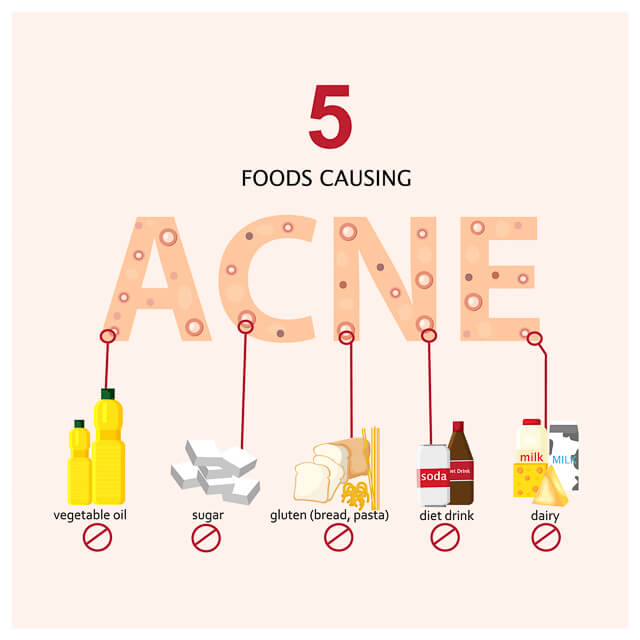
Review of the literature on this subject indicate the following causes of acne:
- Dairy products, in particular milk consumption, may heighten one’s risk of having acne.
- Chocolate: Some research studies have used young persons for the consumption of loads of chocolate so as to see if this can cause acne but the results were not really significant.
- High glycaemic index foods: The lack of acne in native non-Westernized locals of Papua New Guinea and Paraguay has suggested that the very high glycaemic index of the Western diet plays a part in the onset of acne.
- Body-mass index: The onset of acne has been linked with higher body-mass index (BMI) figures but, at the same time, placing obese people on limited diets does not decrease acne.
Environmental Factors
Lack of personal hygiene, using abrasive soaps, harsh detergents, as well as excess scrubbing, have been known to serve as a trigger for acne or aggravate it. The habit of washing the face too many times or with harsh exfoliants can bring about cystic acne by causing irritation of the skin.
Heavy usage of cosmetics and emollients can cause pore occlusion which in turn results in a bursting or eruption of an acneiform. This also occurs with exposure to certain environmental factors, such as dust, dirt, pollution in the air, or food residues. Tropical acne has been seen in army personnel doing tours in hot, humid regions.
Exposure of dioxins also causes severe comedonal acne (also known as chloracne), but this is not related to normal forms of acne.
Latest articles

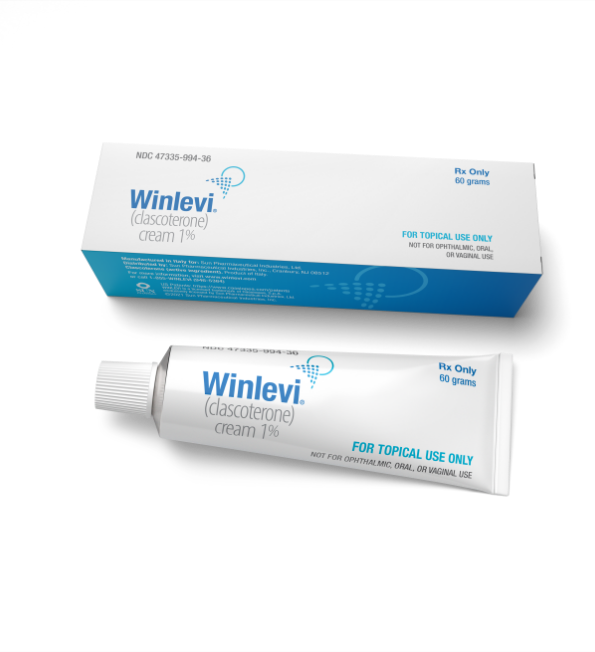
Hormonal Acne Treatment with Topical Creams
Acne Expert Staff
August 5, 2023
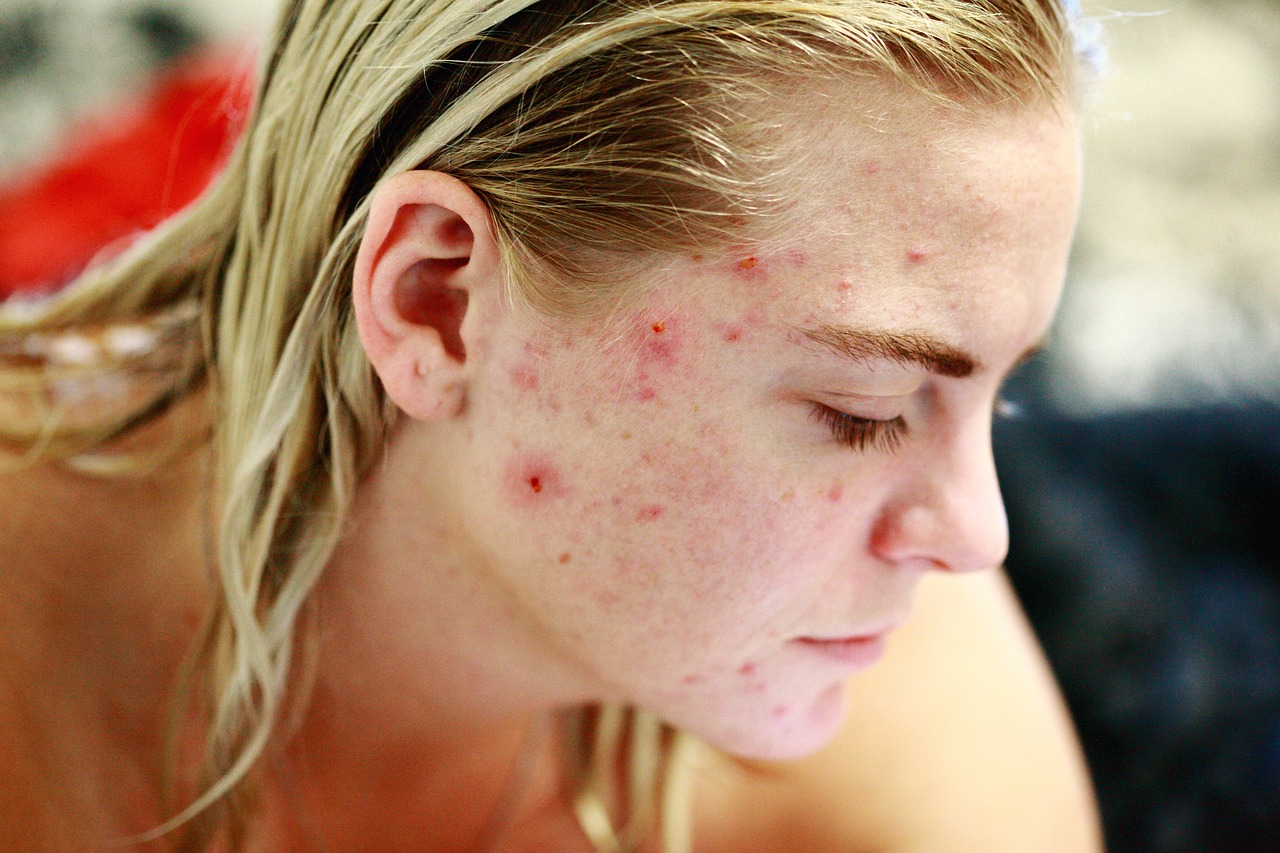
Cystic Acne on the Back: Best Treatment Options
Acne Expert Staff
August 5, 2023
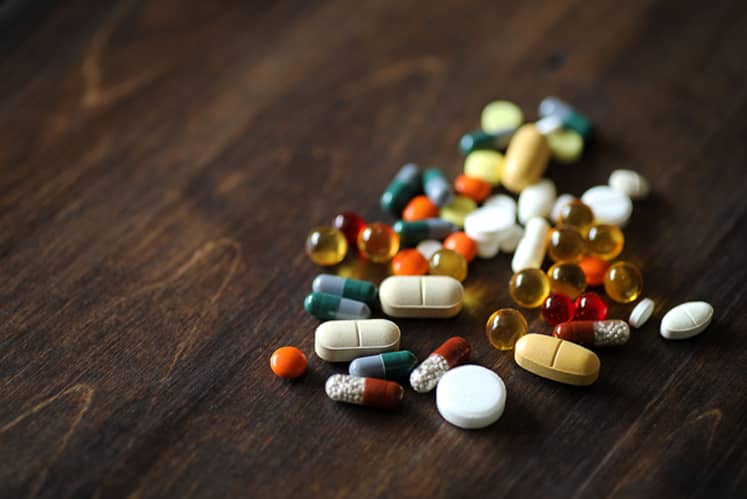
Top Supplements for Treating Cystic Acne
Julia Thompson
August 4, 2023
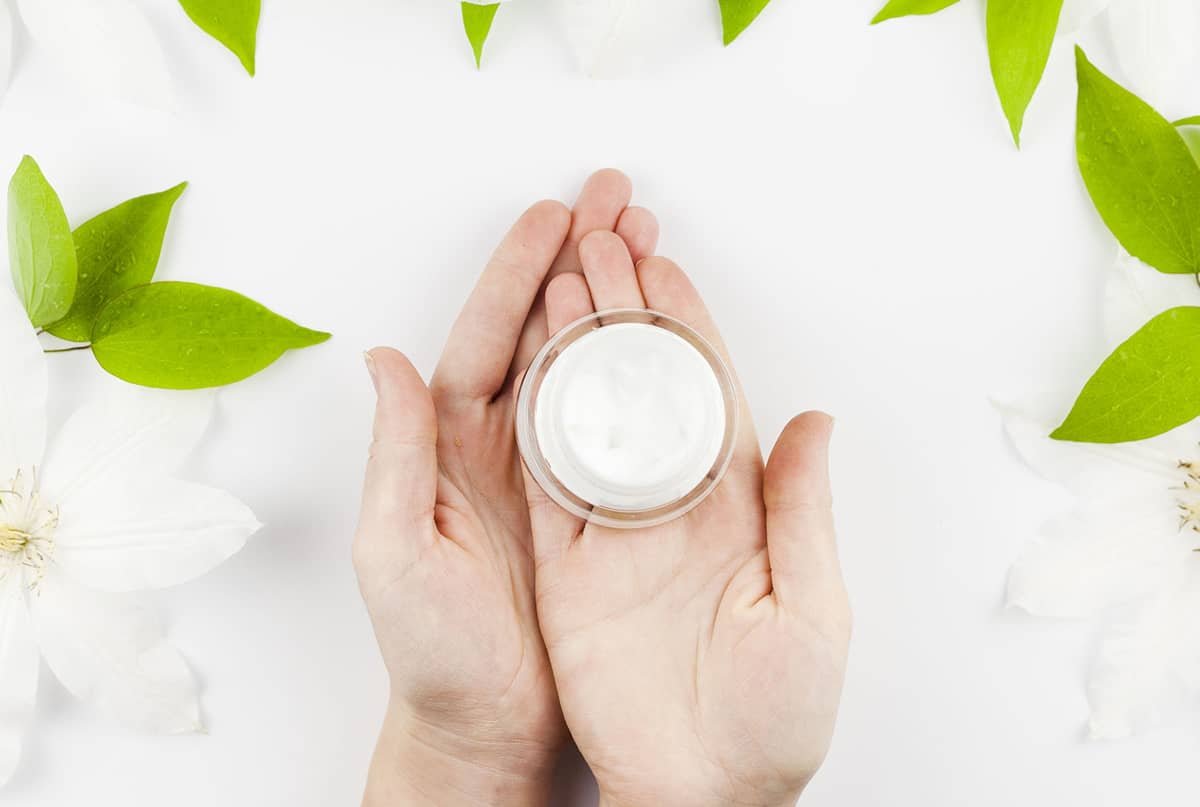
Acne Prevention Through Proper Hygiene: A Comprehensive Guide
Julia Thompson
August 3, 2023
Recommended For You
Menu